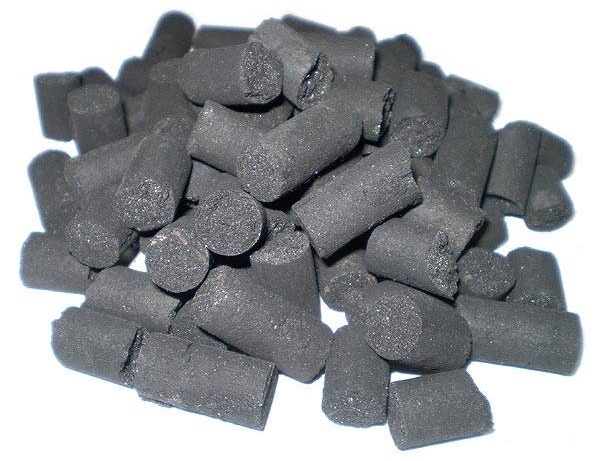
As the world shifts toward renewable energy, briquettes have emerged as a smart, sustainable alternative to traditional fuels. Whether used for cooking, heating, or industrial applications, briquettes offer significant advantages over wood or fossil fuels. Among the most popular types, the coconut shell charcoal briquette stands out for its efficiency, eco-friendliness, and long-lasting burn. So what makes briquettes so beneficial?
What Are Briquettes?
Briquettes are solid fuel blocks made by compressing organic waste materials such as sawdust, rice husks, or coconut shells. These materials are dried, carbonized (in the case of charcoal), and shaped into uniform blocks or cylinders. A binder like starch or clay is often added to help hold the material together.
This process not only transforms agricultural waste into valuable fuel but also reduces deforestation by decreasing reliance on firewood or traditional charcoal.
Key Benefits of Using Briquettes
There are many benefits of using briquettes, especially when compared to conventional fuels. Below are some of the most important advantages:
1. Cost-Effective and Accessible
Briquettes are usually made from waste materials, which means they’re relatively inexpensive to produce. For users, this translates to lower fuel costs—particularly in areas where firewood or gas is expensive or hard to access. In rural regions or developing countries, briquettes offer a practical, affordable energy solution.
2. High Energy Efficiency
Briquettes, especially coconut shell charcoal briquettes, burn hotter and longer than traditional firewood or lump charcoal. Their consistent size and shape allow for even heat distribution, making them ideal for cooking or industrial use. This high efficiency means you need less fuel to generate the same amount of energy.
3. Environmentally Friendly
Using briquettes helps reduce deforestation and waste. Instead of cutting trees for firewood, biomass like coconut shells or sawdust is repurposed into clean-burning fuel. Briquettes also produce less smoke, carbon monoxide, and particulate matter, making them healthier for both people and the environment.
4. Low Ash and Smoke Output
Unlike raw wood, briquettes burn more cleanly and leave behind minimal ash. This makes them easier to clean up and safer to use indoors. Coconut shell charcoal briquettes are particularly known for producing very little smoke and odor, which is ideal for grilling or shisha.
Common Uses of Briquettes
Thanks to their benefits, briquettes are used for a wide range of purposes:
-
Domestic cooking: Especially in areas with limited access to electricity or LPG.
-
Barbecues and grills: Preferred for their even heat and low smoke.
-
Industrial heating: Used in kilns, boilers, and furnaces.
-
Export markets: Many countries import coconut shell briquettes for hookah or BBQ use.
Conclusion
The benefits of using briquettes go far beyond affordability—they offer energy efficiency, environmental sustainability, and cleaner combustion. Whether you choose wood-based or coconut shell charcoal briquette, you’re contributing to a greener future. With global interest in renewable energy rising, briquettes are becoming a go-to fuel source for homes and businesses alike.